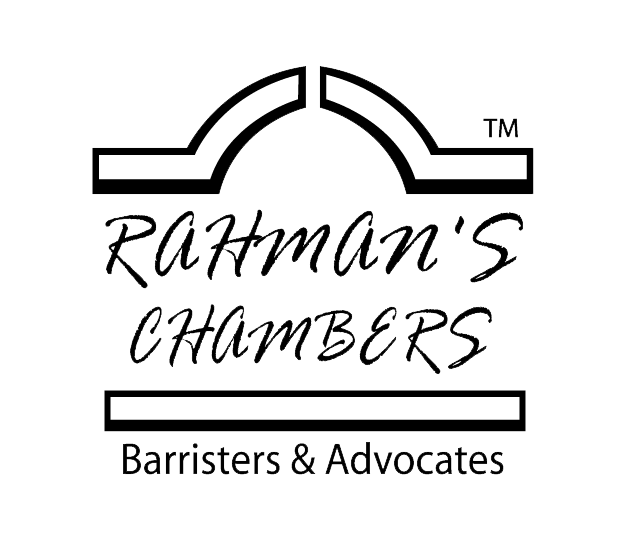More trade disputes are resolved out of the court for reasonable and affordable arbitration.
Summary:
Day by day the trade sector of Bangladesh is progressing through many disputes arising in between. Maximum businessmen choose the way of arbitration as a settlement option of any dispute which occurred out of the court. The reason for preferring arbitration as a settlement option is the affordable and quicker approach.
Content:
A Singapore-based company named Limcon Technology Solutions had been giving computer accessories to a Bangladeshi firm named Khan IT and services. Due to Khan IT’s failure to clear the payment on time from 2017 to 2019, these cross-border trades amassed debts of about Tk 378 crore.
For resolving this issue, Limcon had to select one way between the two. One is lodging a lawsuit against Khan IT in the lower court, another one is settled through the hearings behind closed doors, which is basically an arbitration procedure. And that foreign company chooses arbitration for settlement of the issue. In 2020 they filed an arbitration with the High Court against Khan IT.
A tribunal composed of a corporate executive, and two-party representatives, the High Court was subsequently established. And the panel was given 15 days to resolve the dispute and produce a report to the court.
After that the High Court announced the binding decisions through a report and said to the Khan IT for clear the debts in six installments.
According to the Bangladesh representative of that Singapore IT firm, the clearing of the dues was prompt. And both parties had settled such a big dispute in just two months and with very low cost.
But if Limcon chose the First option and filed a sued then the scenario would be totally changed.
The sued would take three to ten years just to reach the verdict. Then that would be an appealable case with the superior court.
Barrister Ajmaul Hossain, a law expert and an arbitration practitioner said that the cost of running this kind of cases is high. But the arbitration process is cheap than that and its occurred privately.
The parties can pick their own arbitrators to hear the dispute, and arbitration is seen to be more likely to be free of political force.
In 2001, Bangladesh passed the Arbitration Act, which mandated that the Code of Civil Procedure be modified to reflect it. Additionally, the Company Act makes it easier to resolve business conflicts.
Arbitration, an internationally recognized process, works like magic for commercial disputes, according to Barrister Ajmaull Hossain QC, since it saves money, time, and effort.
When describing how arbitration operates, he stated that one of the opposing parties must submit the arbitration with a civil court or, in the event of international issues, with the High Court.
After that, the court names a panel with members from both sides. Both parties acknowledge that they will accept the panel’s recommendations before moving further.
The parties can participate remotely in the hearing and provide evidence in support of their arguments.
The Supreme Court and the law ministry report that from 2017 to June of this year, around 14,000 arbitrations filed with the High Court and involving roughly Tk1.13 lakh crore in disputed claims were resolved.
According to the official record, 32,514 arbitration cases that were filed with civil courts across the nation at that time were resolved. A staggering Tk2.56 lakh crore in disputed claims were involved in the proceedings.
According to Barrister Tanzib-Ul-Alam, a corporate law specialist, 90% of commercial disputes are resolved through arbitration in most of the nations with superior business-friendly rankings. He ascribed the improved business climate to the improved efficiency of out-of-court conflict resolution.
He added that stakeholders to take coordinated action to further the already popular arbitration trend. Also, many international corporations continue to believe that trials in Bangladesh never conclude. This has prevented them from making investments in Bangladesh.
He told that “the government has to change its policy to prioritize trade arbitration.”
There are already seven private firms in Bangladesh doing arbitration outside of the courts. A few of the top law firms include the Bangladesh Institute of Arbitration, Bangladesh International Arbitration Center, Bimac-Bangladesh International Mediation & Arbitration Center, and Arbitration & Mediation Center, Dhaka.
According to the Law Minister, Anisul Huq, the administration is thinking about making arbitration mandatory for resolving commercial issues.
Picture and Article Source: The Business Standard and The Business Standard


Leave a Reply